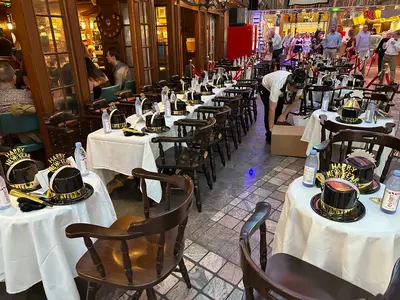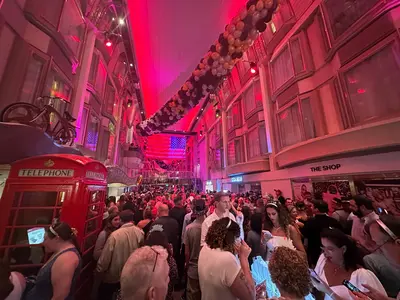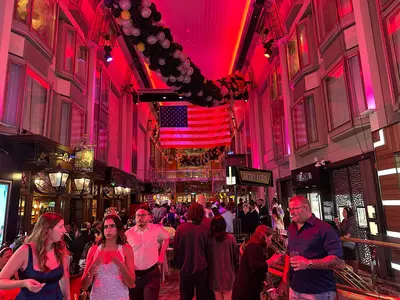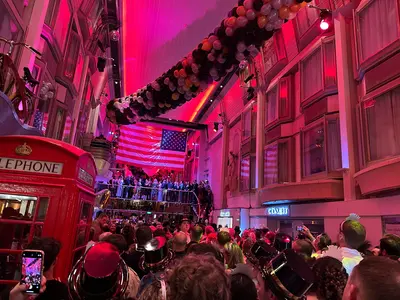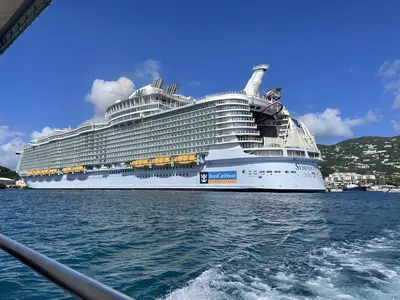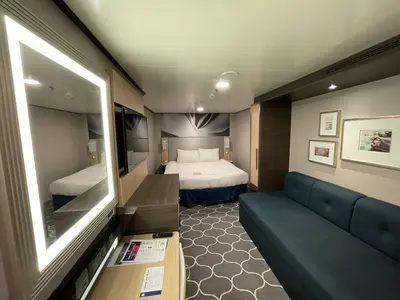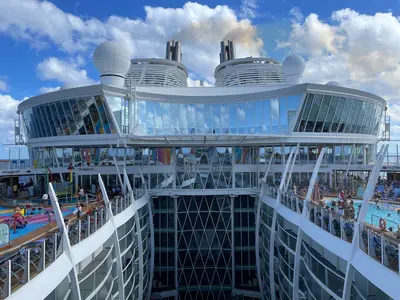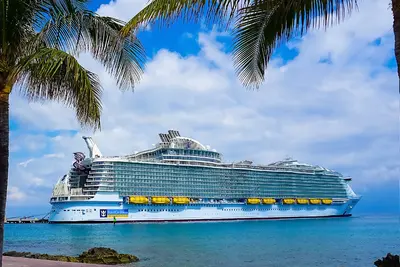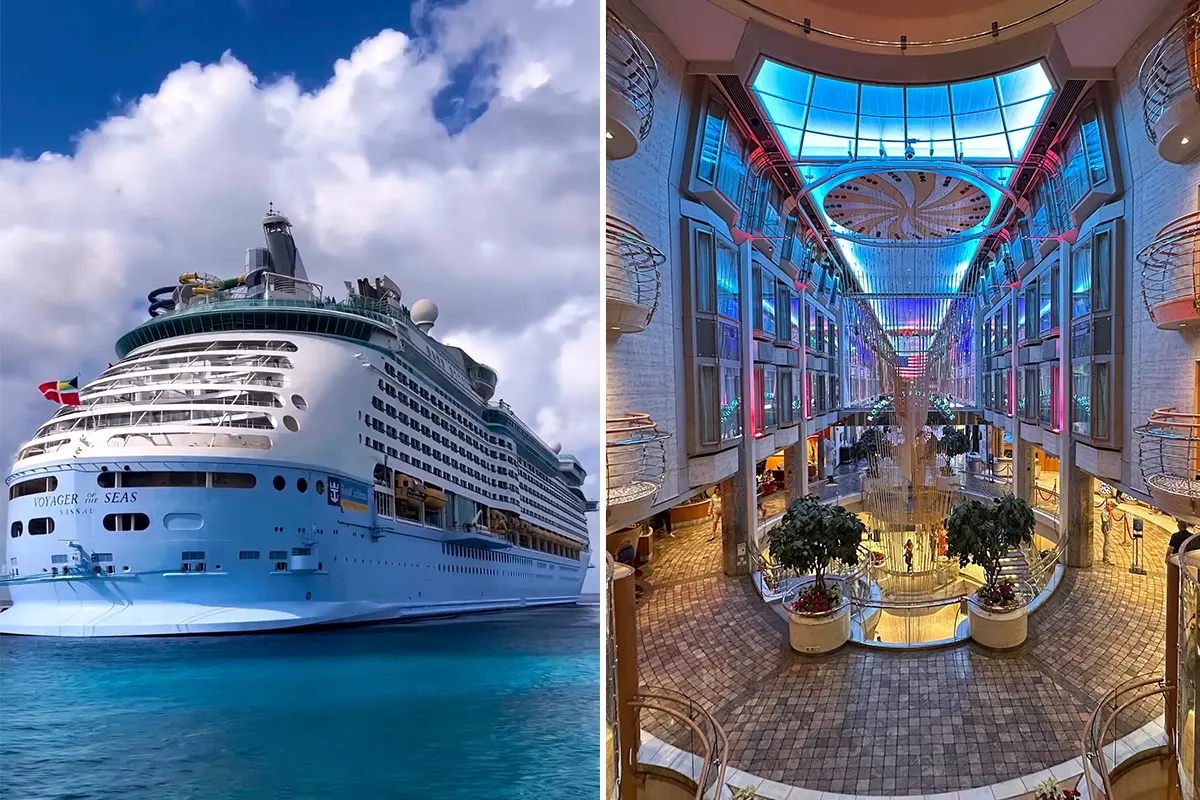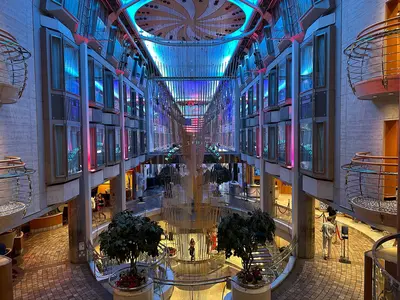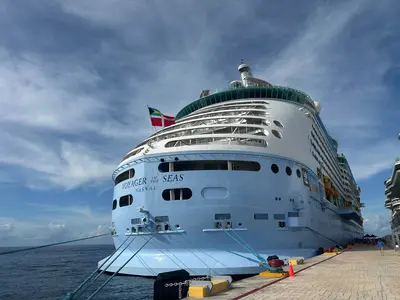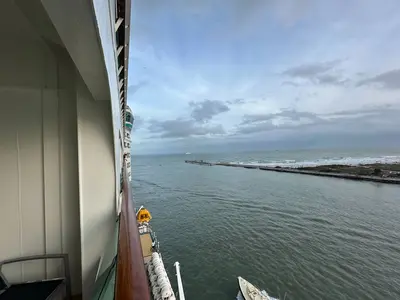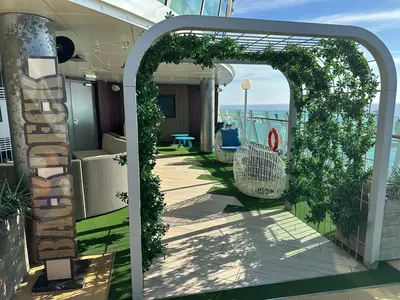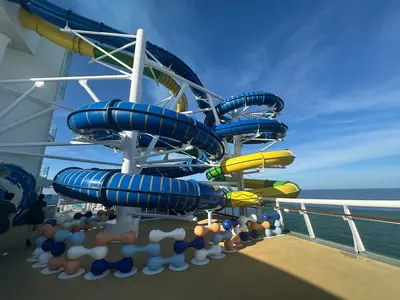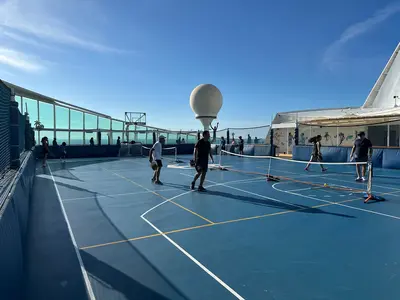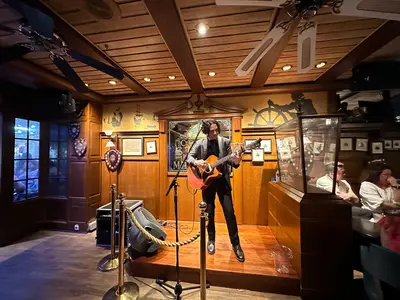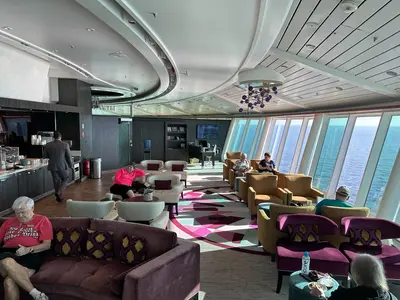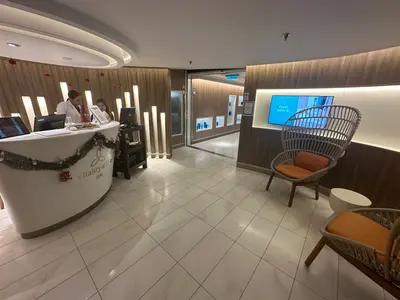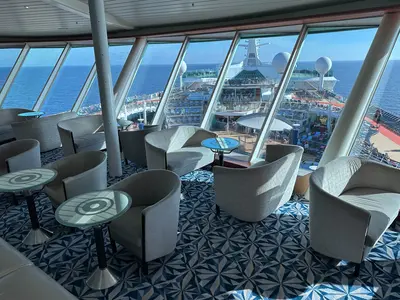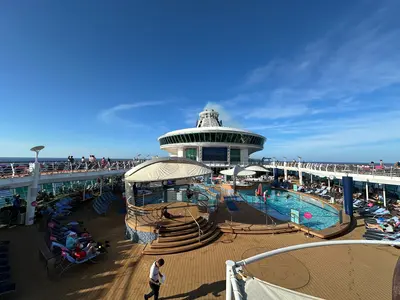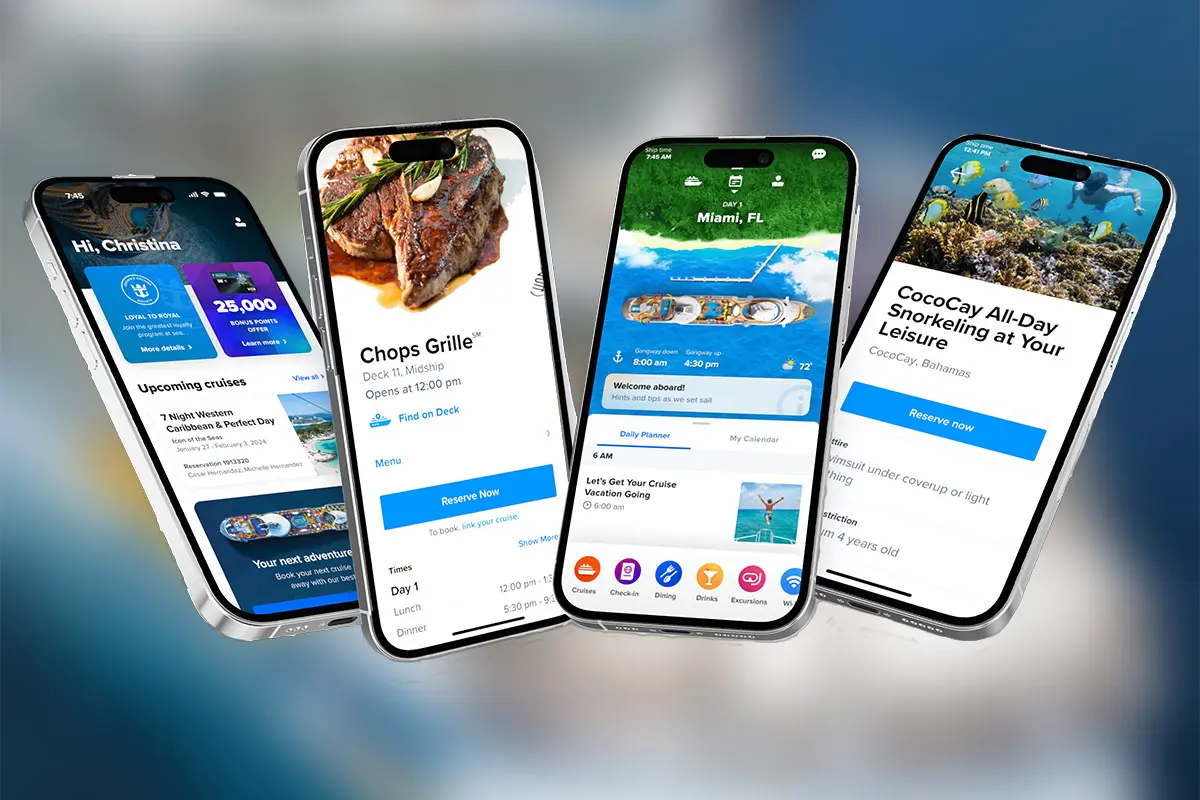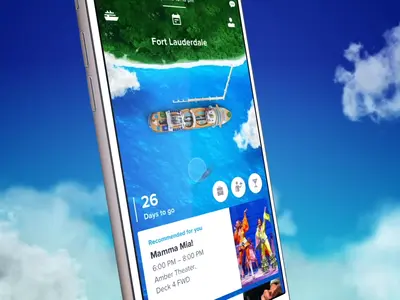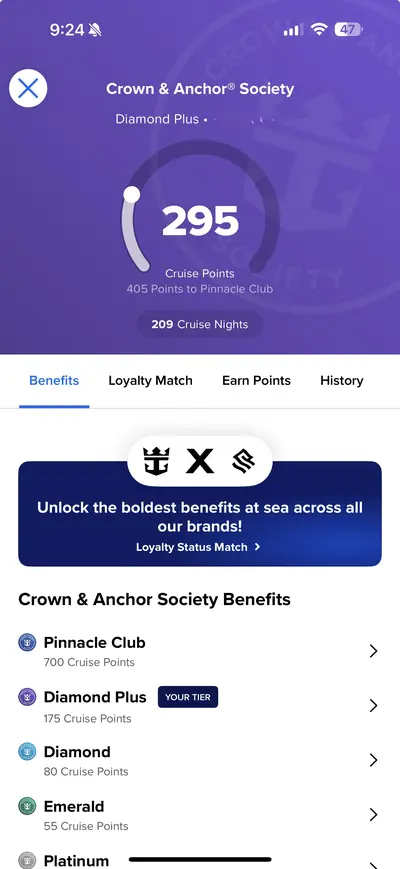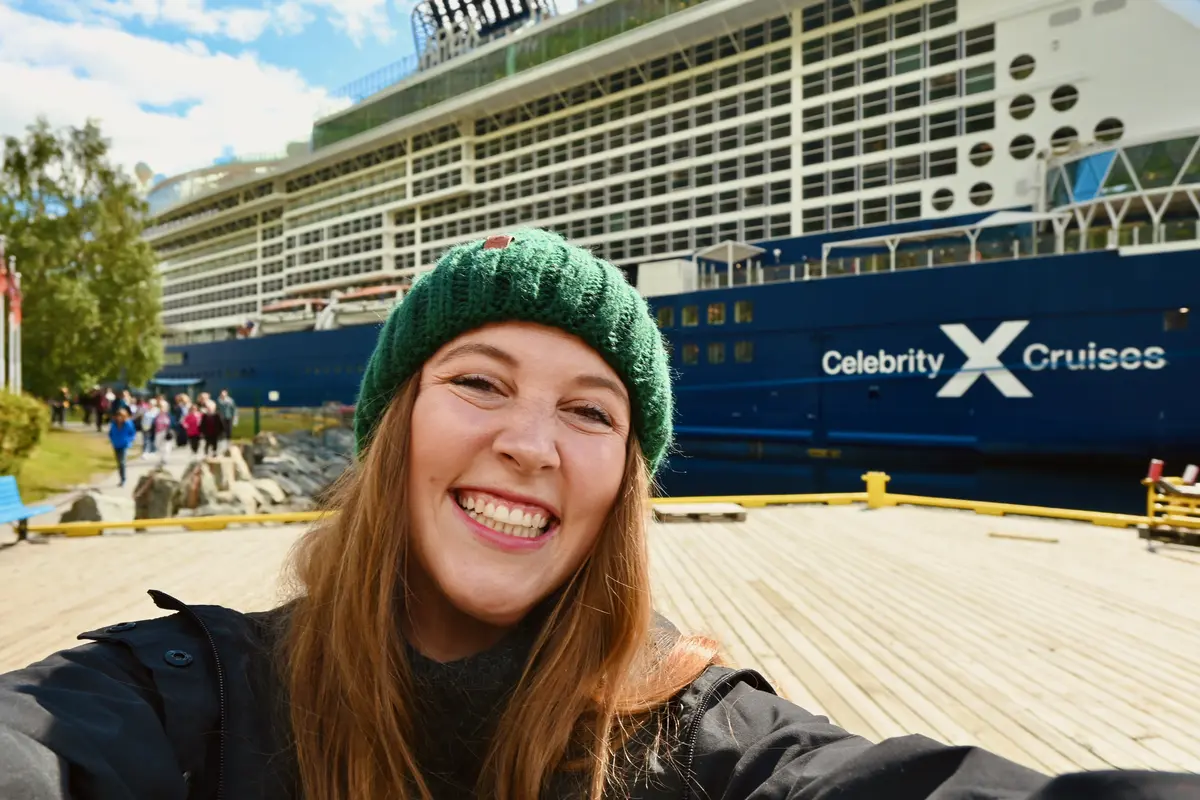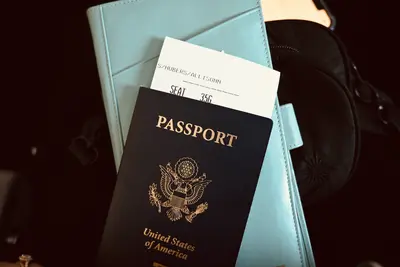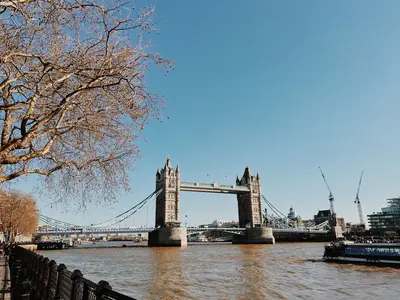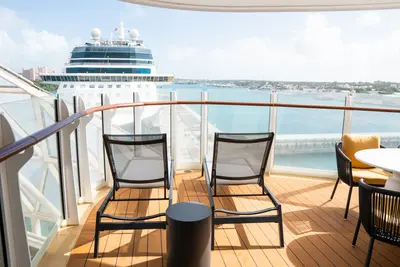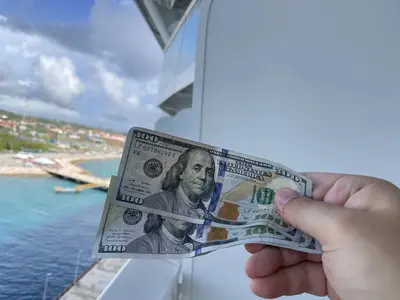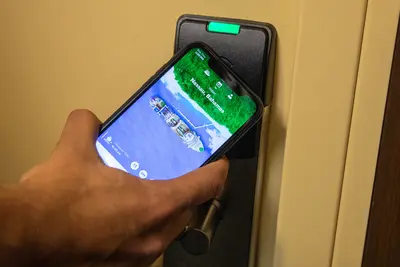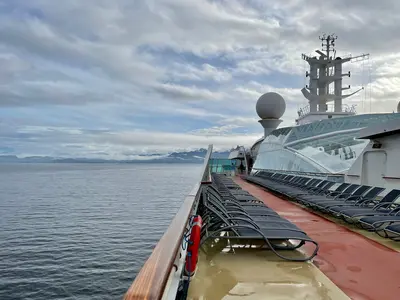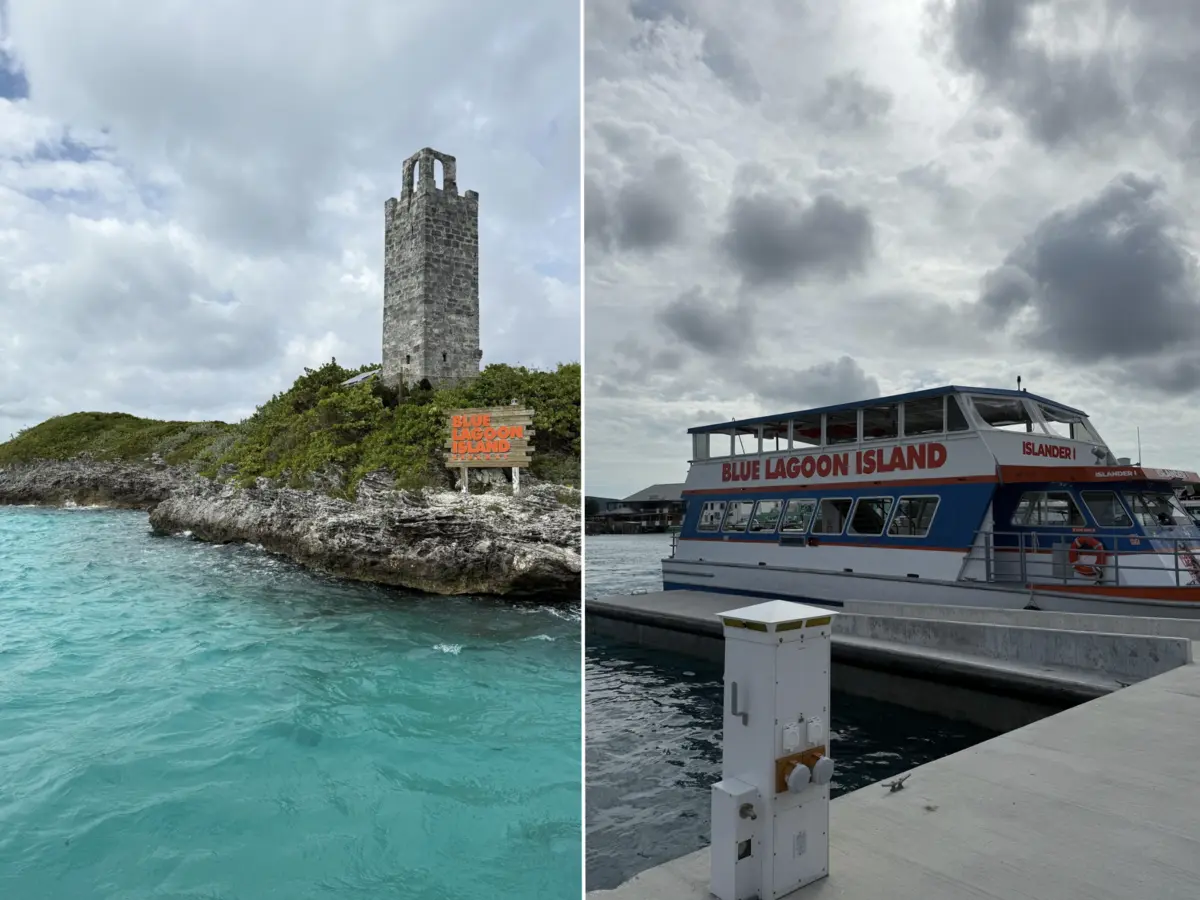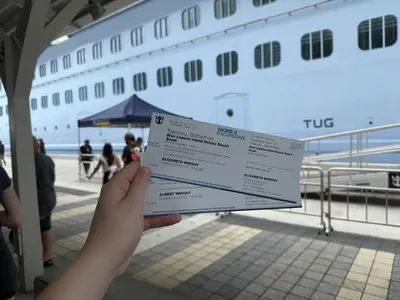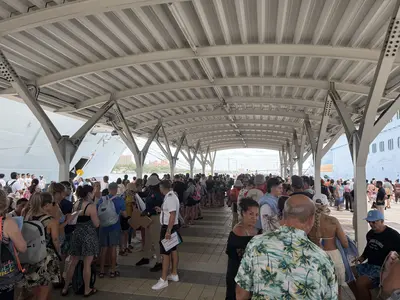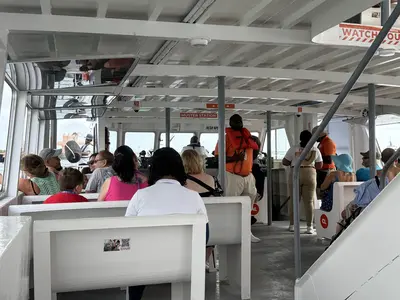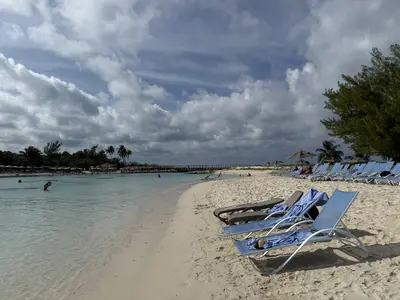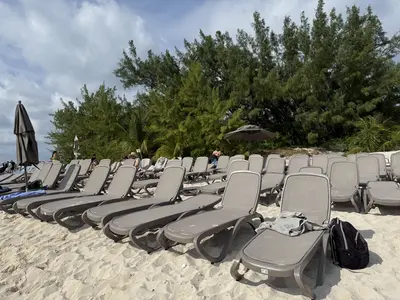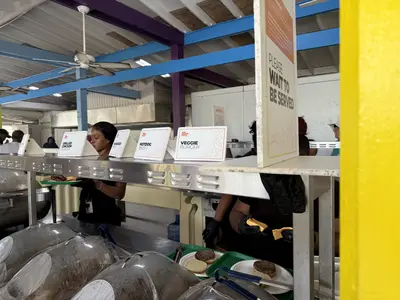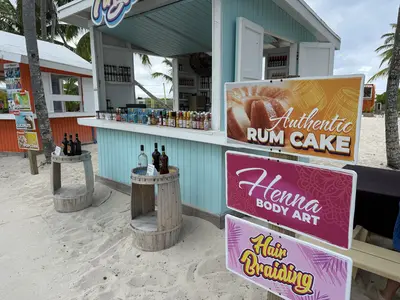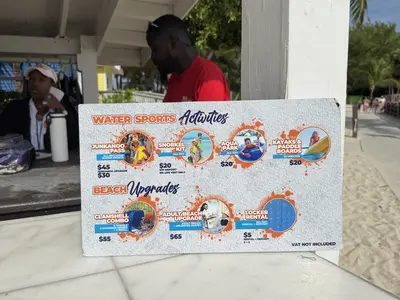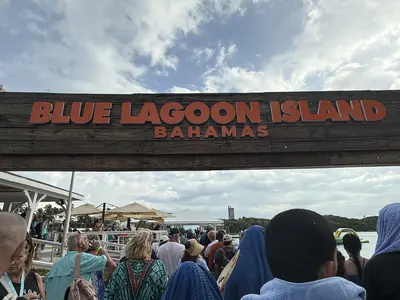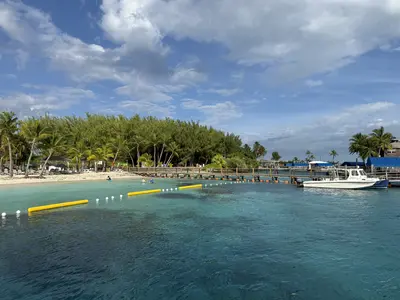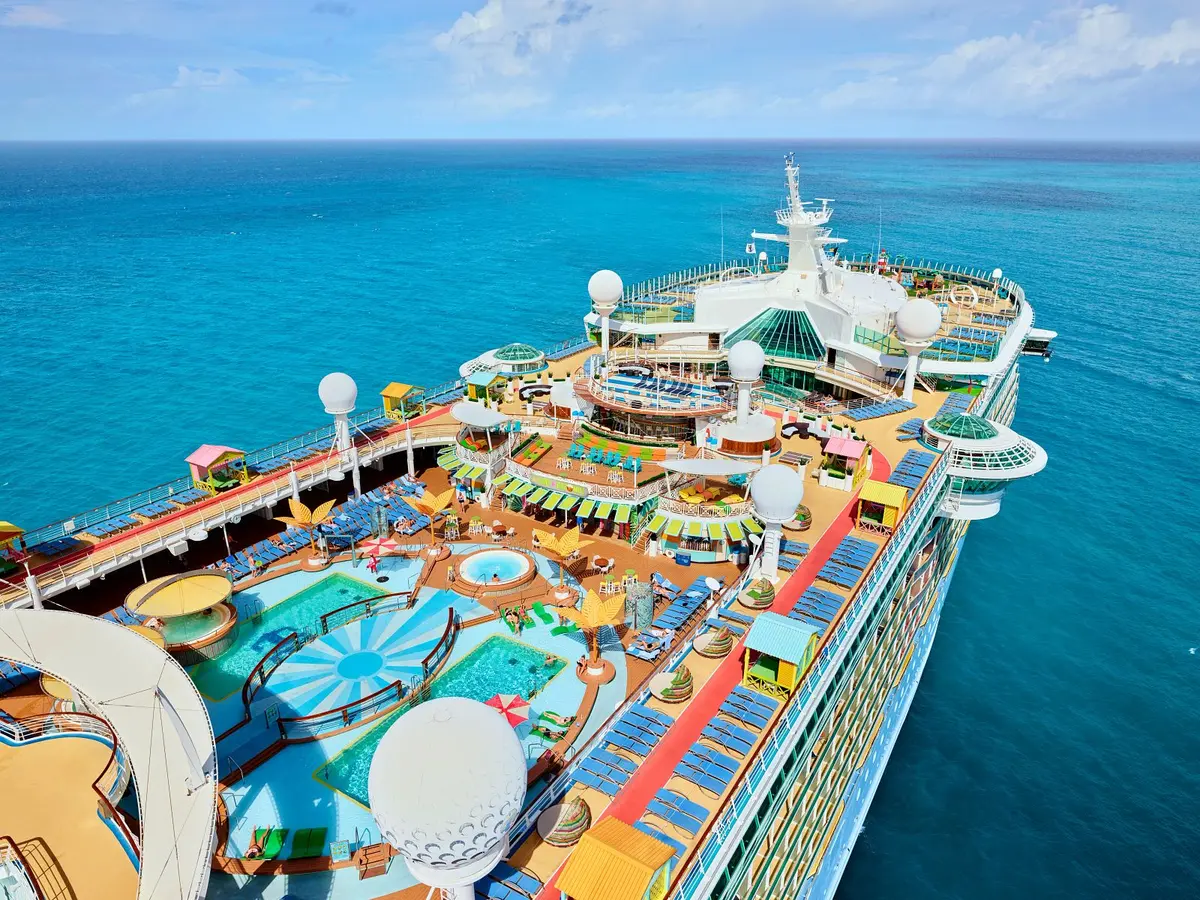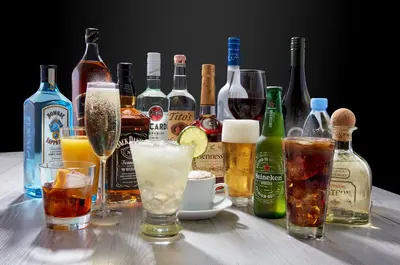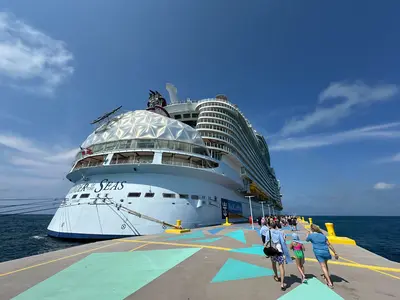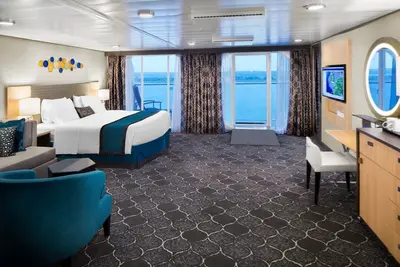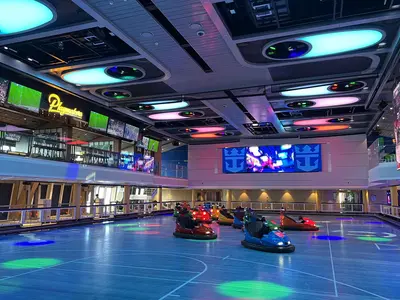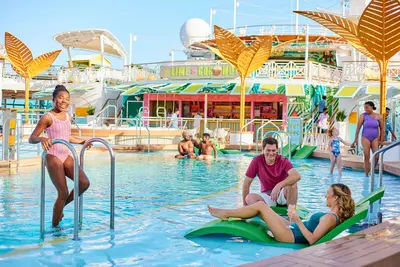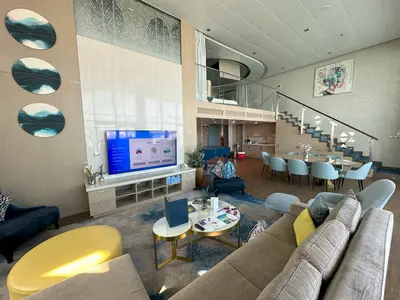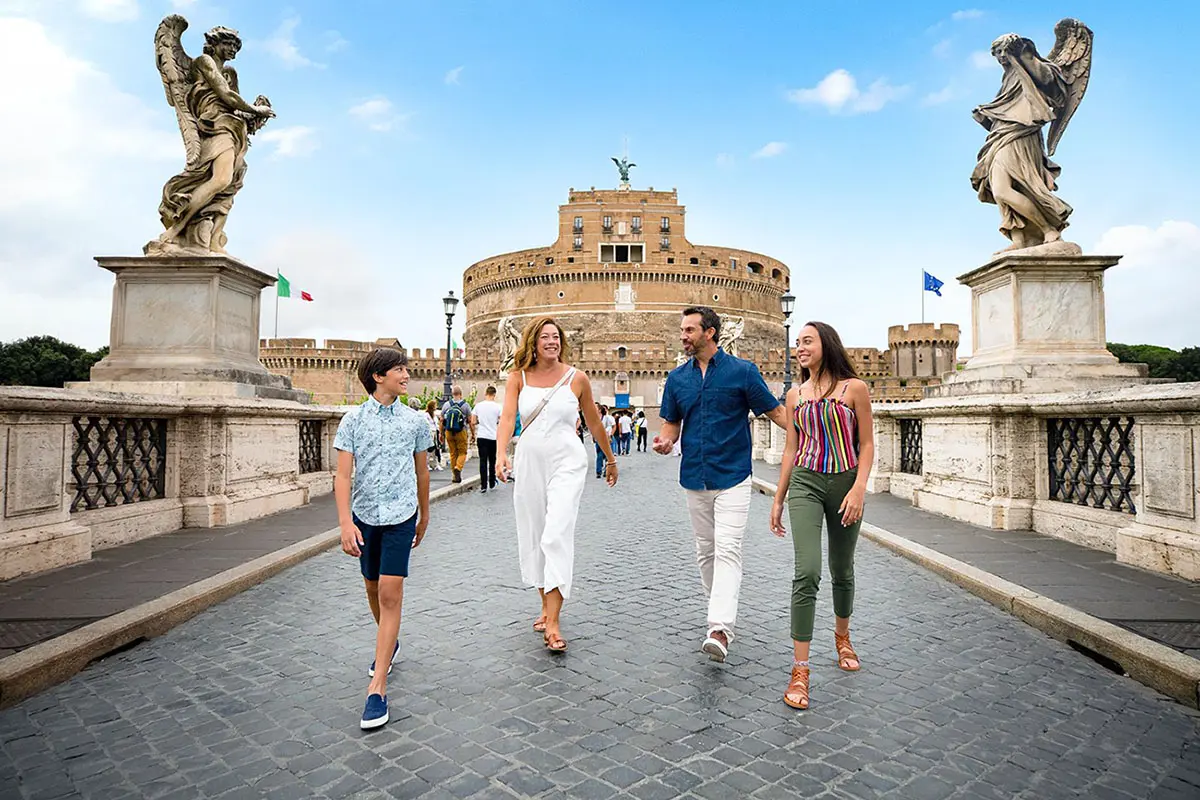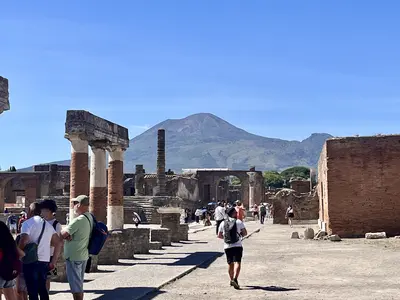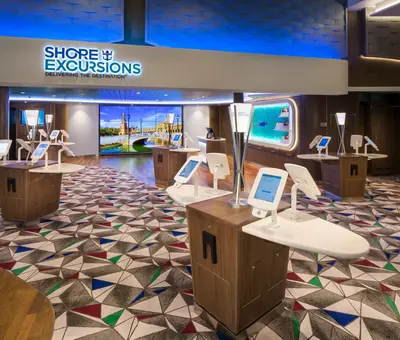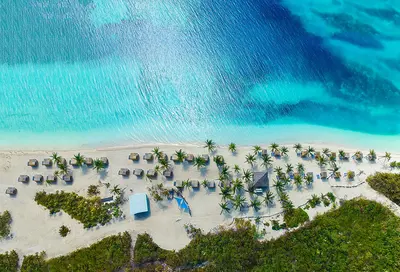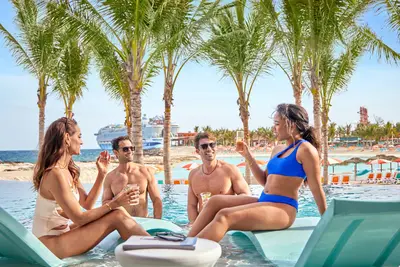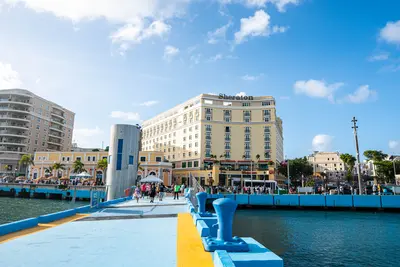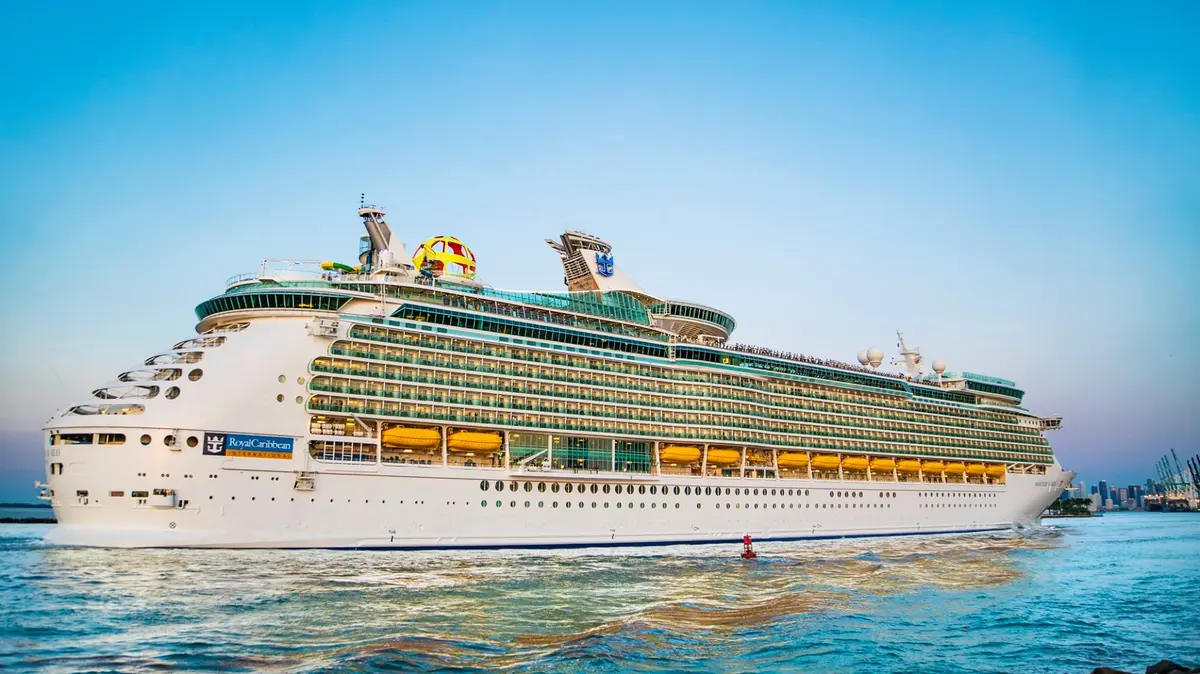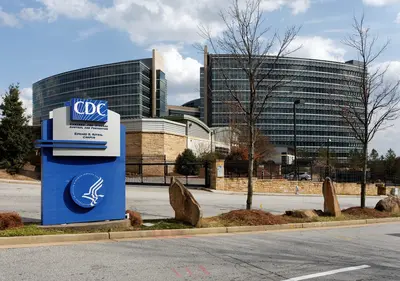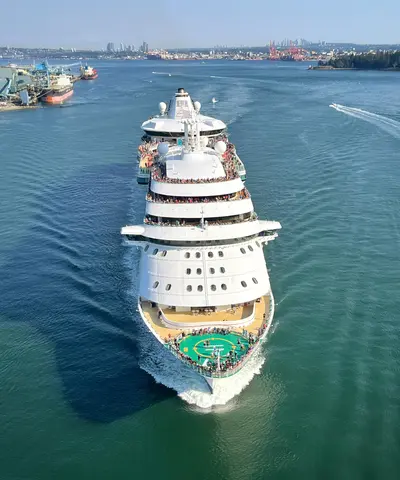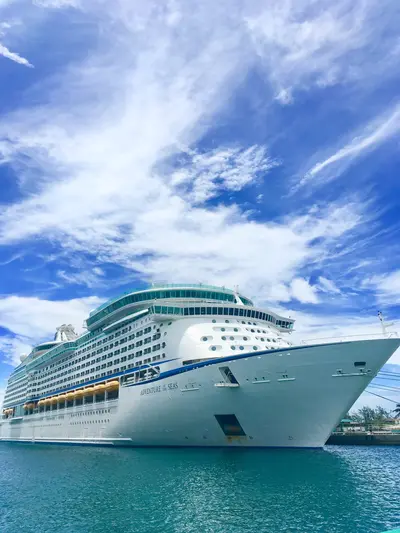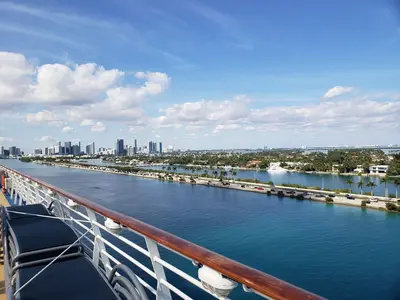Booking a cruise is undoubtedly exciting, but the thrill can quickly fade when you start thinking about all the planning involved. Before your vacation can begin, there are some important steps that all cruisers should take.
Although one of the perks of booking a cruise is having minimal logistics, some preparation is usually necessary. Theoretically, you could show up on embarkation day without any prior planning and still have a great time. However, this doesn’t mean you should plan to show up to the cruise terminal without doing some basic planning.
After booking your cruise, you may find the planning process a bit overwhelming. Modern cruise ships rival floating cities, bustling with thousands of other guests and offering endless options for things to do. Between excursion planning, airfare, dining reservations and more, there are many details to iron before setting sail.
After sailing on 50 cruises, I’ve learned that a bit of preparation goes a long way. Here are 20 tried-and-true steps I always take before cruising to ensure my vacation is seamless and stress-free.
1. Verify travel documents
If you are planning a cruise, you should absolutely make sure you have the appropriate travel documents. Whether you are planning to cruise using your passport or your birth certificate (which is only allowed for certain sailings departing from the United States), confirming travel documentation is my top priority.
Double-check that your passport is not expiring within the next six months, which is often a requirement to visit other countries. If your passport is expired or expiring soon, you should start the process of applying for a new passport. This can take anywhere from a few weeks to a couple months depending on the current backlog.
Finally, confirm whether any visas are needed for your itinerary. For instance, my recent cruise from Sydney to Bali and Singapore required a tourist visa to visit Indonesia. If you’re sailing on a more exotic itinerary, this is especially important.
2. Book airfare, if needed
Some cruisers are lucky enough to live within driving distance of a cruise port; however, it’s not uncommon for vacationers to fly to their cruise embarkation port. However, you should always fly into your cruise port at least one day before departure to ensure you don’t encounter any delays or cancellations.
Most of my itineraries require airfare, so I usually look my flights shortly after reserving my cruise. I prefer to book further in advance to have the most options that align with my travel needs and the cruise schedule.
3. Research itinerary and ports of call
As a destination-focused traveler, I extensively research every port of call on a cruise itinerary. I want to ensure my time in each port is maximized to the fullest, especially when I am on a tight schedule. For each port of call, I always spend time researching the top things to do in each destination to make sure I can see and do everything I want.
For instance, some cruise ships will dock far from a city center, such as Le Havre, France or Civitavecchia, Italy. Le Havre is a port city that is advertised as the gateway to Paris while Civitavecchia is the closest port city to Rome, Italy.
Without researching these ports of call, you might assume touring the famous cities of Rome and Paris are convenient and easy. However, Paris is more than two hours from Le Havre and Civitavecchia is one hour from the city of Rome.
4. Book cruise-line excursions
For any cruise, it’s important to look at the excursions offered by the cruise line. First, this can give you a good gauge on the top things to do in each port of call. Personally, I like to read the tour descriptions to see what each port has to offer, including which activities or attractions are feasible to visit from the port.
Second, I prefer to book excursions through the cruise line for certain destinations or itineraries. Cruise-sponsored excursions are convenient and provide a guaranteed return to the ship. Because of this, shore excursions through the cruise line can be very popular and sell out quickly.
It’s best to book your excursions as soon as possible, especially considering you can cancel your tour if you change your mind. The added flexibility and convenience of cruise line excursions is often worthwhile, in my opinion.
5. Prebook add-ons
In addition to excursions, it’s important to budget for other add-ons needed for your cruise. This could include drink packages, internet access, specialty dining reservations, spa treatments and other onboard experiences.
It’s usually best to prebook your add-ons before setting sail, as cruise lines offer pre-sailing discounts. Once onboard, you will often find higher prices for these add-ons (especially drink packages!).
6. Find a hotel for the night before
Because I usually need to fly to my embarkation port, I also need to book a hotel for the night before. Following the golden-rule of cruise travel, I always book a flight that arrives at least one night before my cruise embarks. If I am wanting to explore the embarkation port for longer, I will fly to the city a couple days in advance.
In this way, booking a pre-cruise hotel is one of my must-do items. You can book a hotel months in advance, and I prefer to secure my reservation using credit card points. The further in advance you can book a hotel, the more options you have for utilizing these redemptions.
7. Plan transportation to the port
After arriving to the embarkation city, you will also need to consider transportation to the cruise terminal. Sometimes this is easy and convenient, while other times require planning and research. If you are driving yourself to the cruise terminal, make sure you know where to park and how much you can expect to spend.
If you need to travel further, consider prearranging your transportation. This has proven useful in many occasions, especially for terminals located far from the city. Take into account how much luggage you’ll be traveling with as well.
For example, I’ve cruised from Southampton, England many different times for cruises. I always spend time in London before embarkation, which is about 80 miles from the Southampton cruise terminal. There are a few options for transportation, but I always book the direct train from London to Southampton beforehand.
8. Monitor pricing for a better deal or upgrade
Although this has become less common with increased prices and demand for cruising, I continue to monitor my booked cruises for better deals. If I find a cheaper cruise fare for my itinerary before final payment, I simply contact my travel agent and ask for a reprice. This has saved me thousands of dollars over the years!
If the final payment deadline has passed, you might be able to upgrade your cabin to a higher category. Even if I am unable to reprice my reservation, I’ve been able to upgrade my interior cabin to a balcony or suite when prices decreased closer to the sail date.
9. Check-in for cruise
It might seem obvious, but make sure you check-in for your cruise before heading to the terminal! Last year, I forgot to check-in for my cruise onboard Grandeur of the Seas before embarkation day. Although I was able to complete my check-in at the cruise terminal, this was a huge headache.
I had to spend extra time confirming my documentation at the terminal, which delayed the start to my vacation! In addition, I had to confirm with guest services that my payment account was up-to-date onboard. Now, I always check-in for my cruise after receiving the reminder email from Royal Caribbean. This ensures I can choose the best arrival time for my schedule. I also find I am less likely to forget checking in for my cruise if I do this right after being reminded.
10. Confirm health requirements
Depending on your cruise itinerary, you might have health requirements that need to be met before embarkation. While most cruises in Europe, the Caribbean and Alaska do not typically have health requirements to consider, other destinations around the world do.
For example, you might need a Yellow Fever vaccine to visit certain countries around Africa or South America. Malaria medication might be recommended for cruises around Asia as well. Confirm you have proper documentation for any medication based on entry requirements for your itinerary as well. It’s best to check with your doctor about health requirements before your cruise begins, even if this simply entails routine vaccination.
11. Replenish my travel pharmacy
Speaking of health requirements, another thing I religiously do before cruising is replenish my travel pharmacy. Because onboard medication is expensive while cruising, it’s best to bring some over-the-counter medication onboard with you in case you need it. No one wants to think about getting sick on vacation, but even minor ailments can be a nuisance while cruising.
For my travel pharmacy, I ensure I have everything from pain relief, antihistamines, seasickness medication and basic first aid necessities. I will pack a few extra doses for longer itineraries to make sure I don’t run low on any medication. It’s always best to be prepared for the worst case scenario, even if you don’t thing you will need it.
12. Print baggage tags
One must-do item that I tend to forget is printing baggage tags. Cruise lines will provide downloadable tags for you to print before arriving at the embarkation port. These are attached to your suitcases before handing your luggage to the cruise ship porters at the terminal.
The baggage tags are available either through the cruise planner or app. You print the tags and attach them to your suitcase using either tape, staples or a luggage tag holder. I prefer to use a luggage tag holder to keep my printed tags secure, minimizing the chance of the tag falling off.
13. Bring cash and small bills
Cruise ships are essentially cashless for purchases, but I always make sure I pack some cash before setting sail. This also includes smaller $1 bills for tips, which I often provide to the bar tenders throughout the cruise. In addition, I prefer giving cash tips to my cabin stewards and dining room waiters on the final day of the cruise.
Moreover, cash is sometimes needed throughout your sailing in different ports of call. Although credit cards are widely accepted, you shouldn’t be cashless while traveling. Having some cash on hand can be necessary for transportation or souvenir purchases.
14. Download Royal Caribbean app
The cruising experience on Royal Caribbean is almost entirely digitalized now in the post-pandemic era. Everything from the muster drill to daily schedules can be found on the app while cruising. Royal Caribbean’s app is very handy for not only the onboard experience, but also before you set sail. While some cruise lines only have apps that are usable onboard, Royal Caribbean’s app is a good resource for your cruise planning as well.
You can see the deck plans, dining reservations, excursions and more when using Royal Caribbean's app. Therefore, I highly recommend adding the app to your phone before cruising. Royal Caribbean’s app is available to download in the iTunes Store for Apple products or in the Google Play store for Android devices.
15. Make dining reservations
When sailing on larger cruise vessels, such as Oasis or Quantum class ships, I always make sure I reserve specialty dining before embarkation. With so many people sailing onboard these bigger ships, specialty dining reservations can be hard to come by after boarding. These restaurants fill up quickly, so I want to make sure I can secure a booking that works for my schedule.
Also, it’s easy to change reservations once you’re onboard your cruise if you need to. I’ve had to adjust specialty dining bookings after embarkation, and it’s never been an issue. Although you might not have many options for time slots, you do have flexibility onboard.
16. Start packing list
After taking 50 cruises, I consider myself an expert cruise packer. I have my go-to cruise outfits and essentials, including cabin must-haves. Even still, I prefer to make a list of everything that I want to remember to pack for my cruise. This is especially important if I am sailing on a port-intensive itinerary or a longer cruise to a new destination.
In the notes app on my phone, I create a simple packing list of the essentials that I cannot forget to pack for my cruise. Everything from electronics to chargers and passports are typically on my packing list.
17. Check the weather
In the same manner, I also religiously check the weather before packing anything for my cruise. Although the Caribbean and Mediterranean are typically sunny and warm, other destinations around the world are less predictable.
For example, Alaska cruising can bring blistering cold weather or clear sunshine on a beautiful day. I don’t want to pack the wrong attire for the climate, so monitoring the weather gives me a good idea of what to pack. Packing appropriately is essential for a smooth cruising experience - and preparing for a variety of weather changes can ensure you are prepared for anything.
18. Watch itinerary-specific YouTube videos
I’ve visited many popular cruising destinations over the years, including Europe, Asia, Caribbean, Bahamas, Mexico, Alaska and Canada. However, if I am sailing to a new destination, I find YouTube to be an excellent resource for planning.
YouTube is full of useful, first-hand experiences for cruisers. This is especially true for more unique destinations, such as my upcoming cruise to India and Sri Lanka next year. Many different creators and local experts share practical tips for travelers and cruisers on YouTube. I find these videos help me set my expectations appropriate for my upcoming cruise, allowing me to plan more efficiently.
19. Join the Facebook group
Most itineraries have a dedicated group on Facebook to join. By searching your cruise ship and specific sail date, you can request to join these groups before cruising. These groups are very resourceful and allow cruisers to connect before setting sail.
The Facebook groups provides a place for cruisers to share tips and updates, along with asking questions about your specific sailing. Some cruisers will even plan meetups for their upcoming cruise!
20. Allocate enough time to pack
Last-minute packing can be very overwhelming for some people. I prefer to pack the weekend before my cruise to be certain that I have enough time to pack everything I need. I do not want to be rushed while packing, as this often leads to forgotten items and unnecessary stress.
Generally speaking, packing usually takes me longer than I anticipate. For longer itineraries with varying climate, such as my 12-night cruise to Iceland last summer, I easily spend four to five hours packing. Waiting until the last minute or running out of time only leads to more stress right before your vacation.




